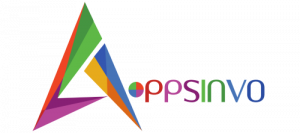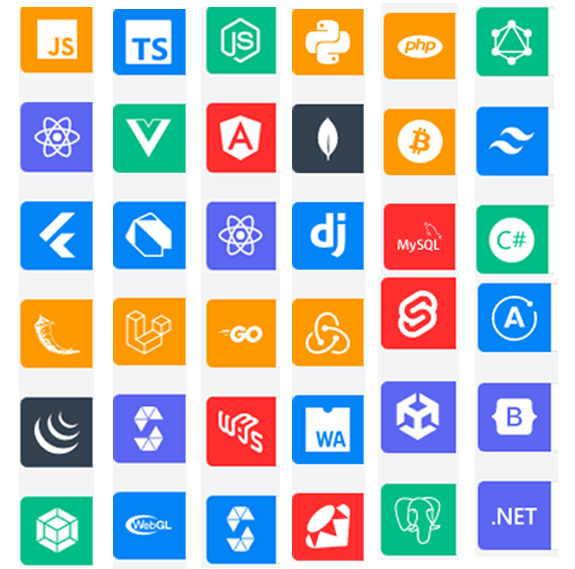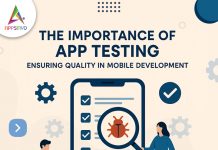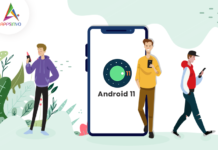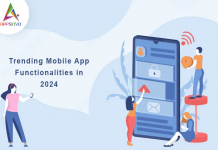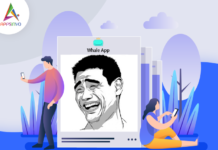As the internet spreads to every corner of the globe and the Information Technology (IT) business grows, coding languages are becoming increasingly important. This sector is built on programming languages, with IT employees acquiring numerous coding languages to deal with the fast developing software areas. If you want to work in programming or the IT sector
Top 40+ Most Popular Programming Languages List in 2023
1. JavaScript
2. TypeScript
3. Node.js
4. Python
5. React
6. Java
7. Kotlin
8. Swift
9. Matlab
10. Scala
11. VueJS
12. Anglular
13. MongoDb
14. Flutter
15. Dart
16. React Native
17. Django
18. Flask
19. Laravel
20. Go Lang
21. Redux
22. jQuery
23. Solidity
24. Web3
25. WebAssembly
26. Webpack
27. WebGL
28. Rust
29. Ruby
30. PHP
31. Svelte
32. GraphQL
33. Apollo GraphQL
34. Blockchain
35. Unity
36. Tailwind CSS
37. Bootstrap
38. MySQL
39. PostgreSQL
40. C and C++
41. C Sharp
42. Asp.Net
43. HTML
44. CSS
1. JavaScript

JavaScript, sometimes known as JS, is a programming language that, together with HTML and CSS, is one of the essential technologies of the World Wide Web. As of 2022, 98% of websites employ JavaScript on the client side for webpage functionality, with third-party libraries frequently incorporated.
Brendan Eich created the design.
First appeared: December 4, 1995;
2. TypeScript
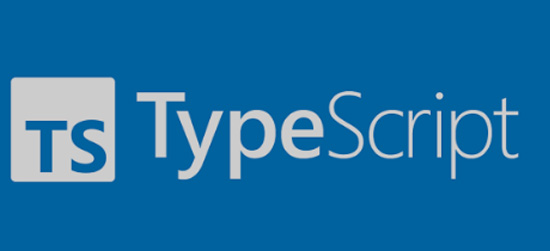
Microsoft created and maintains TypeScript, a free and open source high-level programming language. It is a strict syntactical superset of JavaScript that extends the language with optional static typing. It is intended for large-scale application development and transpiles to JavaScript.
Designed by: Microsoft Corporation
License: Apache License 2.0
Filename extensions: ts,.tsx
First appeared: 1 October 2012
3. Node.js

Node.js is a completely open-source server environment that may operate on Windows, Linux, Unix, macOS, and other platforms. Node.js is a back-end JavaScript runtime environment that executes JavaScript code outside of a web browser. It is powered by the V8 JavaScript Engine.
Initial release date: 27 May 2009
License: MIT License
Operating system: z/OS, Linux, macOS, Microsoft Windows, OpenBSD, SmartOS, FreeBSD, IBM AIX
4. Python

Python is a general-purpose, high-level programming language. Its design concept prioritises code readability by employing heavy indentation. Python is garbage-collected and dynamically typed. It is compatible with an array of programming paradigms, including structured, object-oriented, and functional programming.
Designed by: Guido van Rossum
First appeared: 20 February 1991
OS: Windows, macOS, Linux/UNIX, Android and more
5. React
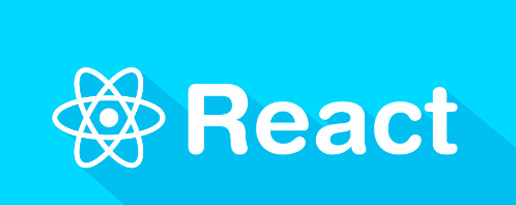
React is a free and open-source front-end JavaScript toolkit for creating component-based user interfaces. Meta and a community of individual developers and corporations support it.
Platform: Web platform
Initial release: May 29, 2013
6. Java

Java is a high-level, class-based, object-oriented programming language with a tiny number of implementation dependencies.
It reduce costs, shortens development timelines, promotes innovation, and enhances application services. With millions of developers worldwide using more than 60 billion Java Virtual Machines,
Designed by: James Gosling
First appeared: May 23, 1995; 27 years ago
Paradigm: Multi-paradigm: generic, object-oriented (class-based), functional, imperative, reflective, concurrent
7. Kotlin
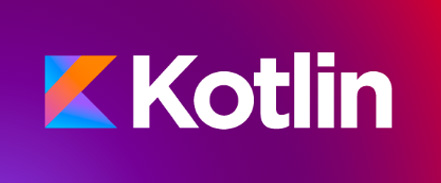
Kotlin is a type-inferred, cross-platform, statically typed high-level programming language. Kotlin is intended to be entirely compatible with Java, and the JVM version of Kotlin’s standard library is based on the Java Class Library, although type inference allows for more compact syntax.
Kotlin is a contemporary statically typed programming language that is utilised by more than 60% of professional Android developers to increase productivity, developer satisfaction, and code safety.
Designed by: JetBrains
First appeared: July 22, 2011
8. Swift
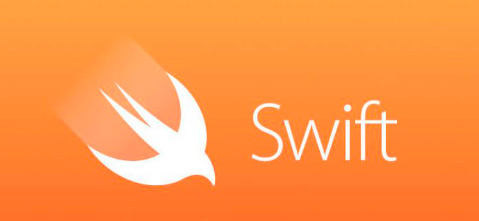
Swift is a compiled high-level general-purpose programming language created by Apple Inc. and the open-source community.
Swift’s compiler framework is LLVM, which translates and optimises assembly code to machine code. This implies you write less code than you would if you were using Objective-C.
First appeared: June 2, 2014
9. Matlab
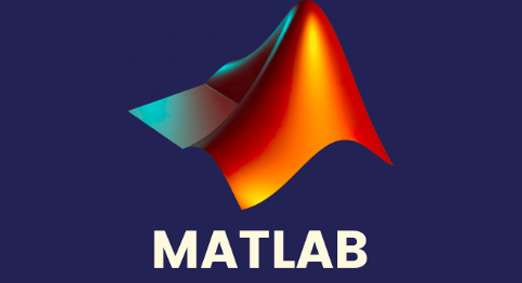
The proprietary multi-paradigm programming language and computer environment known as MATLAB were developed by MathWorks. Using MATLAB, you may manipulate matrices, visualise functions and data, employ algorithms, build user interfaces, and interact with other programming languages.
Engineers and scientists may evaluate and create systems and technologies that will change the world using the programming environment MATLAB (an abbreviation of “MATrix LABoratory”).
Designed by: Cleve Moler
First appeared: 1970
10. Scala
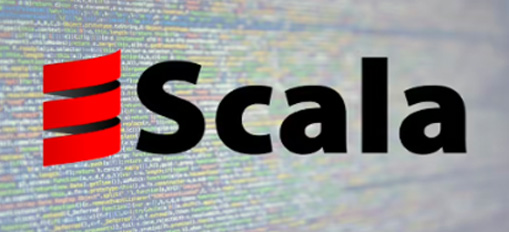
Scala is a powerful high-level, statically typed general-purpose programming language that supports both functional and object-oriented programming. Several of Scala’s design choices are intended to be brief and try to answer Java’s critics.
Data-intensive, distributed applications and systems are built using Scala. An all-purpose programming language based on the Java virtual machine is called Scala. What does that imply? It implies that you can develop large data systems, back-end code for mobile apps, and online applications and services with Scala.
Designed by: Martin Odersky
First appeared: 20 January 2004
11. VueJS

An open-source model-view-viewmodel front end JavaScript framework called vue.js is used to create single-page apps and user interfaces. Evan You invented it, and he and the other members of the active core team continue to maintain it.
Vue is a JavaScript framework for creating user interfaces, and it is pronounced similarly to view (/vju/). It provides a declarative and component-based programming approach that enables you to effectively create user interfaces, whether they are straightforward or intricate. It works on top of common HTML, CSS, and JavaScript.
Initial release date: February 2014
12. Anglular
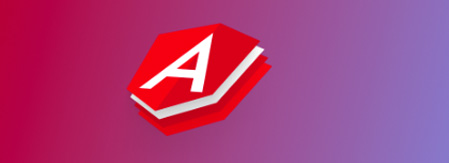
A group of people and businesses have come together to form the Angular Team at Google, which leads the TypeScript-based, open-source, and free web application framework. The same team that created AngularJS also created Angular, which is a full overhaul.
Angular is a JavaScript framework that is open-source and developed in TypeScript. It is maintained by Google, and its main use is to create single-page apps. Angular is a framework with undeniable benefits that also offers developers a uniform working environment.
Initial release date: 14 September 2016
Platform: Web platform
Developer: Google
13. MongoDb
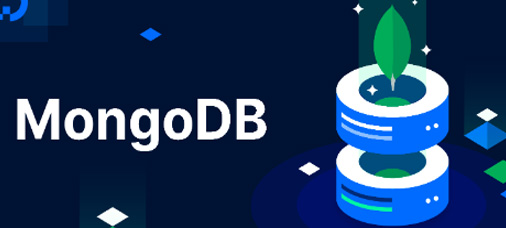
MongoDB is a cross-platform document-oriented database application that is open source. MongoDB, a NoSQL database application, employs documents that resemble JSON and may or may not include schemas. MongoDB was created by MongoDB Inc. and is distributed under the Server Side Public License, which some distributions consider to be non-free.
A document database called MongoDB is used to create scalable and highly accessible web applications. It’s well-liked by agile development teams due to its flexible schema approach.
Initial release date: 11 February 2009
Developer: MongoDB Inc.
License: Server Side Public License
14. Flutter
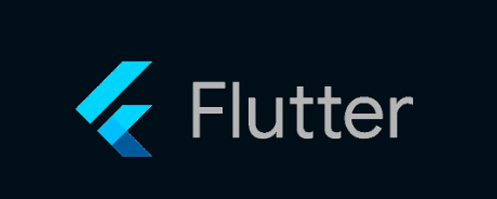
Google’s Flutter is an open-source UI software development kit. It is used to create cross-platform apps from a single codebase for Android, iOS, Linux, macOS, Windows, Google Fuchsia, and the web. Flutter, which was first discussed in 2015.
Google developed the mobile app development platform called Flutter. It enables the development of cross-platform, web, desktop, and mobile apps for iOS and Android devices. Dart, a reactive programming language, is used by Flutter to accelerate and simplify development compared to conventional approaches.
Initial release date: May 2017
Developer: Google
15. Dart
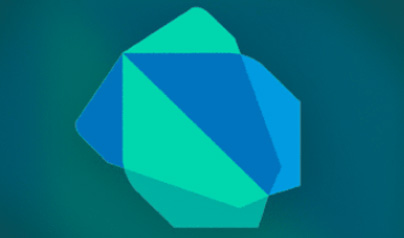
Dart is a programming language created by Google and designed by Lars Bak and Kasper Lund. The programming language is intended for client development, such as web and mobile applications. Moreover, the programming language may be used to create server and desktop applications.
Dart is a client-optimized object-oriented programming language used to create mobile and web apps for a variety of platforms. It has simple apps that may be used on both the user and server end.
Developer: Google
Designed by: Lars Bak, Kasper Lund
License: BSD
Filename extensions: dart
First appeared: October 10, 2011
16. React Native
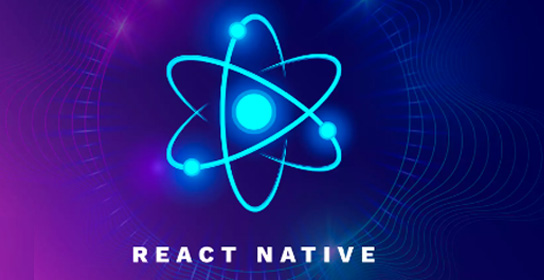
Meta Platforms, Inc. invented React Native, an open-source UI software framework. It allows developers to leverage the React framework alongside native platform features to create applications for Android, Android TV, iOS, macOS, tvOS, Web, Windows, and UWP.
React Native is a framework created by Facebook for developing native-style apps for iOS and Android using a single language, JavaScript.
Initial release date: 26 March 2015
Platform: Android, Android TV, iOS, macOS, tvOS, Web, Windows, UWP, and VR
17. Django

Django is a Python-based web framework that adheres to the model-template-views architectural paradigm. It is maintained by the Django Software Foundation, an independent non-profit organisation based in the United States.
Django is a Python web framework that allows for the quick building of safe and maintained websites. Django, which was created by professional developers, takes care of most of the headache of web development, allowing you to focus on developing your app instead of reinventing the wheel.
Initial release date: 21 July 2005
18. Flask
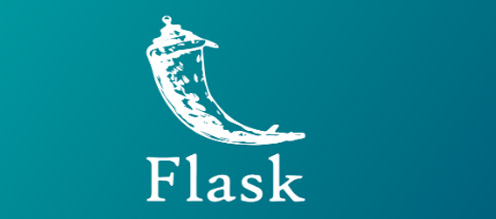
Flask is a Python-based micro web framework. It is characterised as a microframework since it does not necessitate the usage of any specific tools or libraries. It lacks a database abstraction layer, form validation, and other components where third-party libraries offer common functionalities.
Flask is a backend framework. This small and regulated system is capable of managing all of the data processing needed to provide a full-featured frontend finance monitoring software for fiscal nerds like myself! I hope you enjoyed my post on Flask as a Python backend development tool.
Initial release date: 1 April 2010
Developer: Armin Ronacher
19. Laravel

Laravel is a free and open-source PHP web framework developed by Taylor Otwell that is based on Symfony and intended for the building of online applications using the model-view-controller architectural pattern.
Laravel is a backend framework that includes all of the capabilities required to create contemporary online applications, including routing, validation, caching, queues, and file storage.
Initial release date: June 2011
20. Go Lang
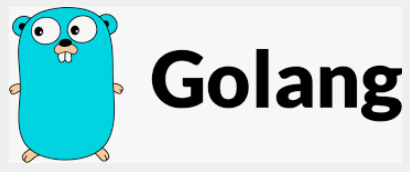
The Go programming language was created at Google by Robert Griesemer, Rob Pike, and Ken Thompson. It is a statically typed, compiled high-level programming language. It has a similar syntax to C, but it has memory safety, garbage collection, structural typing, and CSP-style parallelism.
Google created the Go programming language, which is an open source programming language. Go is used by software developers to create online apps, cloud and networking services, and other forms of software in a variety of operating systems and frameworks.
First appeared: November 10, 2009
OS: DragonFly BSD, FreeBSD, Linux, macOS, NetBSD, OpenBSD, Plan 9, Solaris, Windows
21. Redux
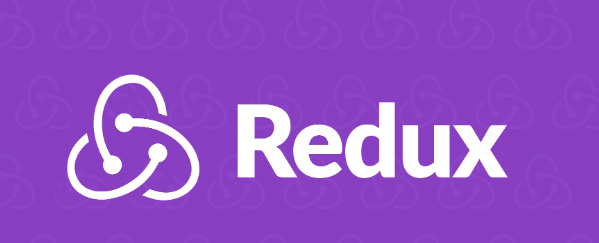
Redux is a JavaScript open-source toolkit for managing and centralizing application state. It is most typically used for designing user interfaces using frameworks like as React or Angular. Dan Abramov and Andrew Clark designed it, which is similar to Facebook’s Flux architecture.
Redux may be used in conjunction with React. Both are distinct from one another. Redux is a state management library that is used in JavaScript applications. It simply handles the state of your application, or in other words, it manages the application’s data.
Initial release date: 2 June 2015
22. jQuery

jQuery is a JavaScript library that was created to make HTML DOM tree navigation and manipulation easier, as well as event handling, CSS animation, and Ajax. It is free and open-source software distributed under the permissive MIT License. jQuery is utilised by 77% of the top 10 million websites as of August 2022. Wikipedia
Original release date: August 26, 2006.
jQuery is a JavaScript library that allows you to write less and accomplish more. jQuery’s objective is to make it much easier to utilise JavaScript on your website. jQuery encapsulates many typical operations that require multiple lines of JavaScript code into methods that can be called with a single line of code.
Initial release date: 26 August 2006
Size: 27–274 KB
License: MIT
23. Solidity

Solidity is an object-oriented programming language used to build smart contracts on multiple blockchain systems, the most prominent of which being Ethereum. Christian Reitwiessner, Alex Beregszaszi, and numerous former Ethereum core developers created it. Solidity programmes run on the Ethereum Virtual Machine.
Solidity is an object-oriented programming language developed by the Ethereum Network team primarily for building and developing smart contracts on Blockchain systems. It is used to establish smart contracts in the blockchain system that apply business logic and generate a chain of transaction records.
Paradigm: Object-oriented
Stable release: 0.8.18 / 1 February 2023
24. Web3

Web3 is a set of values and technical applications that characterise the World Wide Web’s next age. Ubiquity, decentralisation, artificial intelligence, blockchain, and connectivity are all prime examples of Web 3.0.
25. WebAssembly
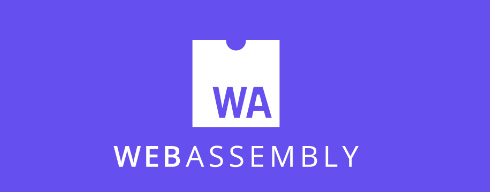
WebAssembly provides a portable binary-code format and a related text format for executable programmes, as well as software interfaces to let such applications communicate with their host environment.
First appeared: March 2017; 5 years ago
Given Below are Some Related Blogs |

